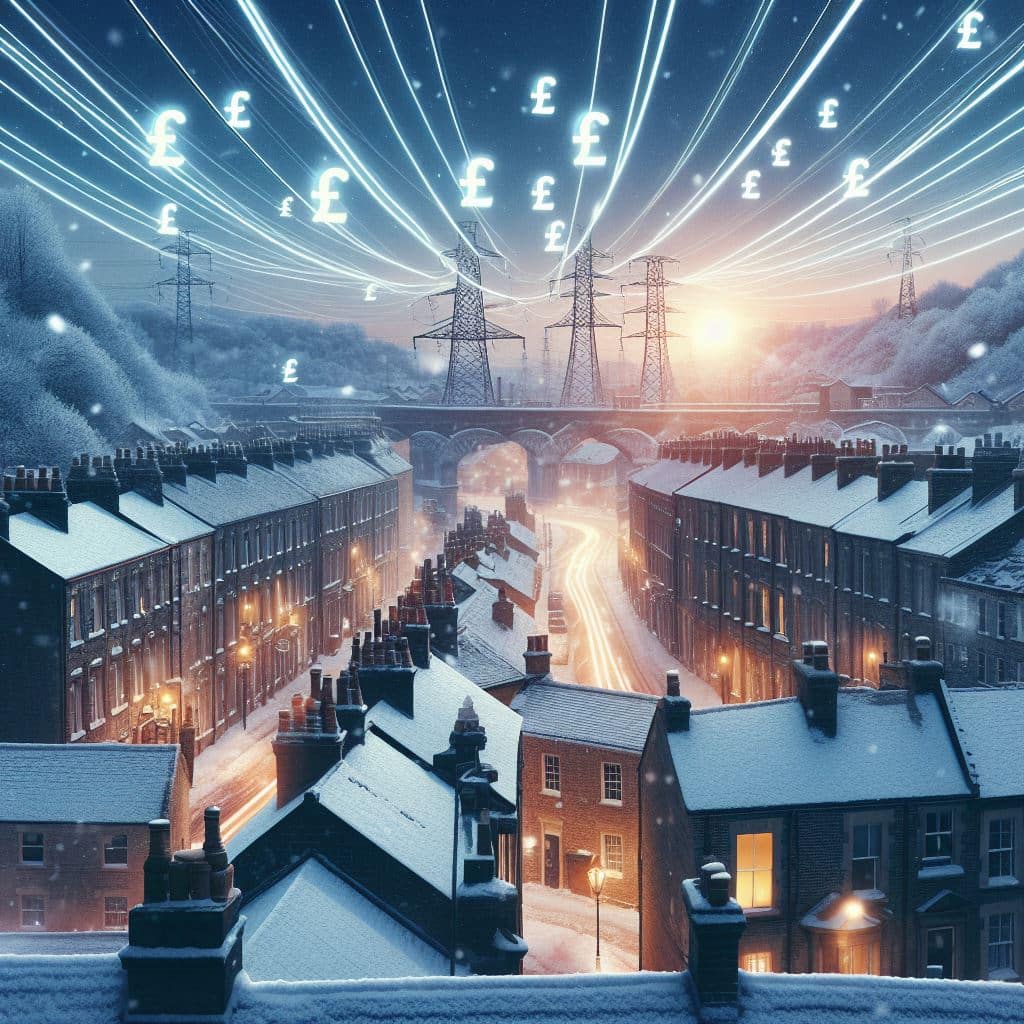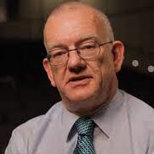The risks of climate change are very real – but the current “Net Zero” agenda will backfire
SUGGESTED



Climate change is real, it is a problem, and it is a potentially catastrophic one (though not in the exact way most people think – I cover this here).
Unless a number of very specific technological innovations happen, most people are going to have to change the way they live in quite radical ways over the next thirty to forty years, regardless of the politics or policies. For example, far less flying, and a move away from private transport to collective public transport. This will be driven by costs rather than policy. It will also have massive consequential effects that have not really been considered, e.g. very likely a decline in women’s labour market participation, and a revival of traditional gender roles. I am not saying that I welcome this, just that I think it will happen, absent technological changes.
Most people do not want to do this and will be really unhappy about it. That is a judgement of fact rather than support. I also think that the whole current policy agenda associated with responding to climate change is both misguided/counterproductive and almost guaranteed to annoy those people who do not want to change.
It is counterproductive because, firstly, it is based on the fantasy that renewable energy is a like for like replacement for fossil fuels. It simply is not – there is no alternative to fossil fuels for a whole range of economically vital activities (e.g. steelmaking, cement making, long-distance transport). Secondly, because following the current agenda will make environmental problems much worse, and lead to more carbon emissions, not less. To build the amount of extra electricity-generating capacity we are talking about will mean mining more copper than we have done in the whole of history up to right now (not to mention a whole lot of other kinds of mineral/metal). To make all of the windmills and solar panels we will need will only be possible with massive use of fossil fuels so emissions will have to go up in the short to medium term.
So the whole Net Zero agenda is simply not going to happen – it is based on a fantasy and is actually a way of avoiding tough choices and appearing to do something while not actually doing it. What it does though is impose major costs and inconvenience on people who really dislike it and will react politically – I don’t welcome much of that political reaction (e.g. voting for Trump), quite the contrary, but it is a real phenomenon. The patronising and condescending language used by environmentalist activists and their supporters adds to this effect.
I think there is an actual class conflict at the root of this. I do not think this is a matter of masses or ‘ordinary people’ versus elites. It is a conflict of both interests and visions between two social groups, one of which makes up 25–35% of the population of developed countries while the other makes up roughly 40%. The first group consists of people who work in the non-physical economy and live in globally connected metropolitan areas, who do have higher social status on average than the people in the second group, but who do not necessarily have higher incomes.
The second group is the proverbial “man in the pub”, broadly defined (as mentioned, this group can include some very well-to-do people).
I think both sides are avoiding serious thinking about the actual issue. The first group are engaged in a displacement exercise in which they are advocating a set of policies that will put much of the costs of pretending to deal with climate change on the second group. They justify this with a kind of rhetoric that is hostile to mass consumerism etc but not to their own version of it – this is what enrages their interlocutors and gives rise to really bad politics. I think the beliefs of the first class are an ideology or false consciousness in the classic Friedrich Engels sense of the word – though you could make a similar point about the second.
What we actually need is a serious conversation about whether we can continue to have a high-energy civilisation, and if we decide we can do that and want to, how we do it, or if we decide that we cannot, what the alternative would actually look like. It would not mean for example, still using cars as the main form of transportation but just electric ones – that is a fantasy for all kinds of reasons. Most of the policies in place right now actively hinder this kind of debate or conversation and are provoking a very dangerous political backlash.
A good first step would be to impose a general carbon tax and then to use the price signals that are generated to decide via distributed decision making in the market which aspects of contemporary life we are prepared to pay for and continue and which not. What is simply not going to work is to impose policies in a top-down way and use a language and particular measures that disproportionately impact just under half of the population while (initially) not touching another third or more and justifying it with a perspective and arguments that denigrate the choices and preferences of those 40%.
Recommended reading:
- “AMA Thread: Institute for Economic Affairs” | Reddit
- “Apocalypse Next: The Economics of Global Catastrophic Risks” | Steve Davies
2 thoughts on “The risks of climate change are very real – but the current “Net Zero” agenda will backfire”
Comments are closed.





Steve – Have you explained somewhere why you prefer a carbon tax to an emissions trading system?
Renewable energy sources are certainly not a like for like replacement of fossil fuels. But there do exist alternatives in development for key economic activities such as steel-making: https://www.ft.com/content/95369ff2-52f1-492f-8a61-ce3e6a5f8062. H2GS replaces iron ore reduction using coke (a highly emissive process), relying instead on hydrogen electrolysis powered by renewable electricity (in this case hydroelectric power in Boden, the north of Sweden). There do and will be alternatives to the four pillars of modern civilisation (steel, cement, plastics and ammonia), but it remains to see if these can be scaled up.